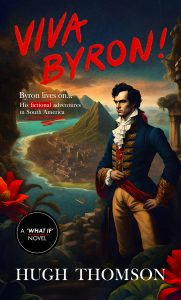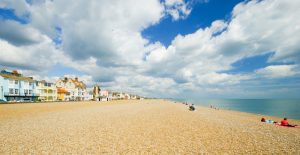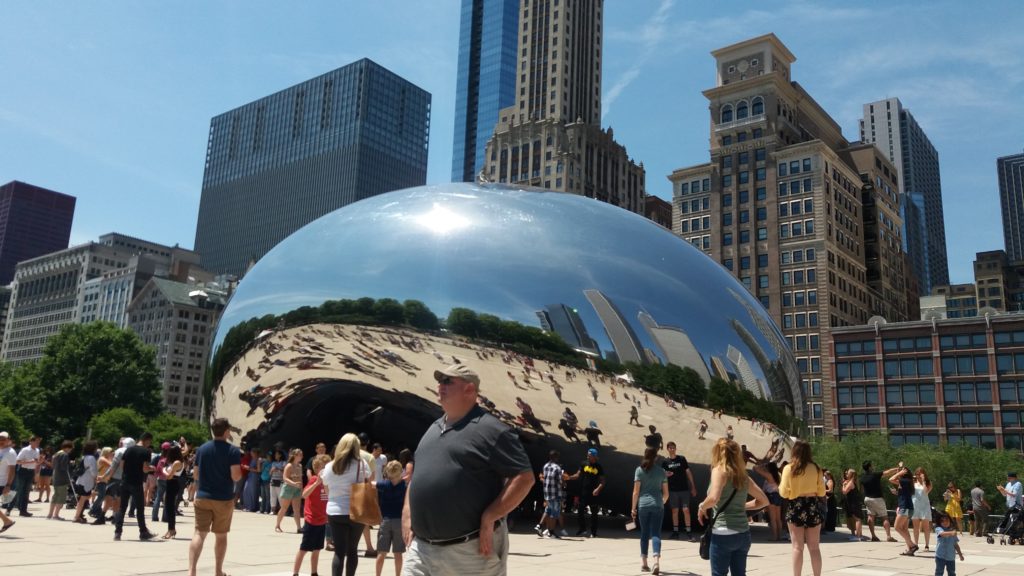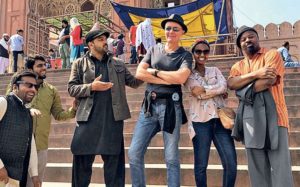Viva Byron! published in both hardback and e-book
What would have happened if the poet Lord Byron had not died an early death in Greece?
But instead had lived – and then some – by doing what his letters show he always wanted to do: escape to South America with the great last love of his life, Countess Teresa Guiccioli, and help Simon Bolivar liberate it from the Spanish.
This great sweep of a novel imagines just that and takes the poet and his lover into a New World of the Americas where nothing is ever quite as they expect.
‘Bold, bewitching and a touch dangerous – like Lord Byron himself’ Benedict Allen
‘Hugh Thomson is a mesmerising storyteller’ Sara Wheeler
‘Literally fabulous! Unmissable…’ Joanna Lumley
So if anyone’s wondered what I’ve been doing during the extended radio silence it’s because I have determinedly not been doing any other activities other than getting this novel finished!
Which has involved travelling to Colombia to research it and the usual amount of concentrated work…
But I’m very pleased with the result and I hope that all my readers feel it’s been worth the wait.
The Kindle ebook version is available from Amazon.
The hardback versions is also available from Amazon and all good booksellers from January 2025.
Viva Byron! published in both hardback and e-book Read More »










